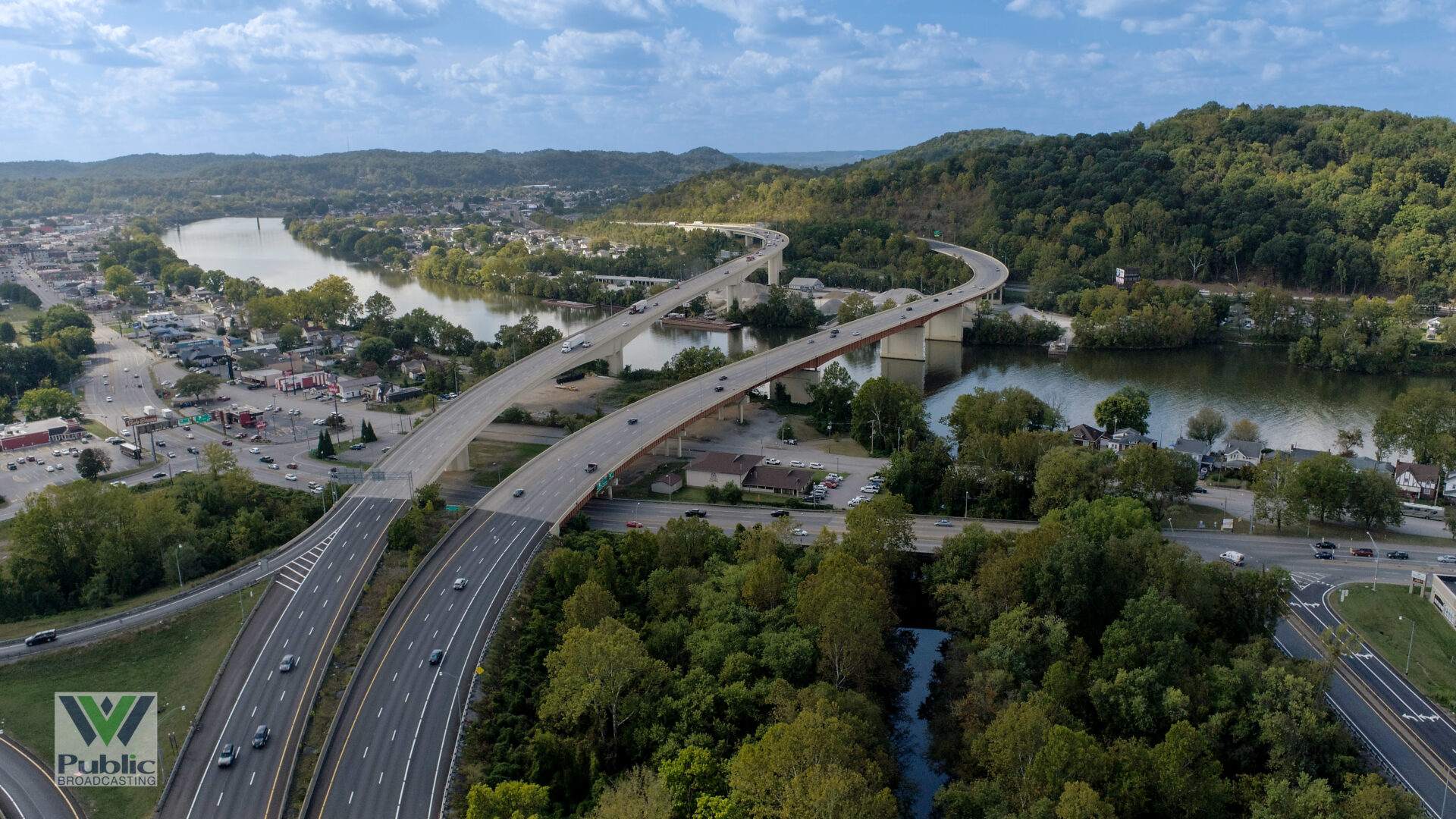A federal judge has denied a company’s request to inspect and test property owned by Union Carbide.
As part of its ongoing lawsuit against Union Carbide, the Courtland Company asked U.S. District Judge John T. Copenhaver Jr. to collect soil samples at UCC’s Filmont Landfill in South Charleston.
This week, Copenhaver denied the request, siding with UCC. UCC had argued that Courtland would have access to the data it has collected as part of its voluntary remediation of the site, under the supervision of the West Virginia Department of Environmental Protection.
The trial is now in its penalty phase. In September, Copenhaver ruled that UCC violated the federal Clean Water Act by not having permits for stormwater discharge and that the landfill was an illegal open dump. UCC could face fines of $64,618 per day per violation.
The parties participated in an 18-day bench trial last year in the U.S. District Court for the Southern District of West Virginia, where Copenhaver is a senior judge.
Union Carbide, now part of Dow chemical, operated the Filmont landfill from the 1950s to the 1980s. The property borders Davis Creek, a tributary of the Kanawha River, and Courtland’s property in South Charleston.
Both companies may have to pay remediation costs, but only UCC faces potential civil penalties.
The case has been active since 2018. The general public had no knowledge of the Filmont Landfill until Copenhaver unsealed documents the following year that revealed its existence.
According to testimony in the trial, a handful of local officials and the state DEP were previously aware the landfill existed and was possibly contaminating soil and water in the area.
The next phase of the trial could take place early next year.
